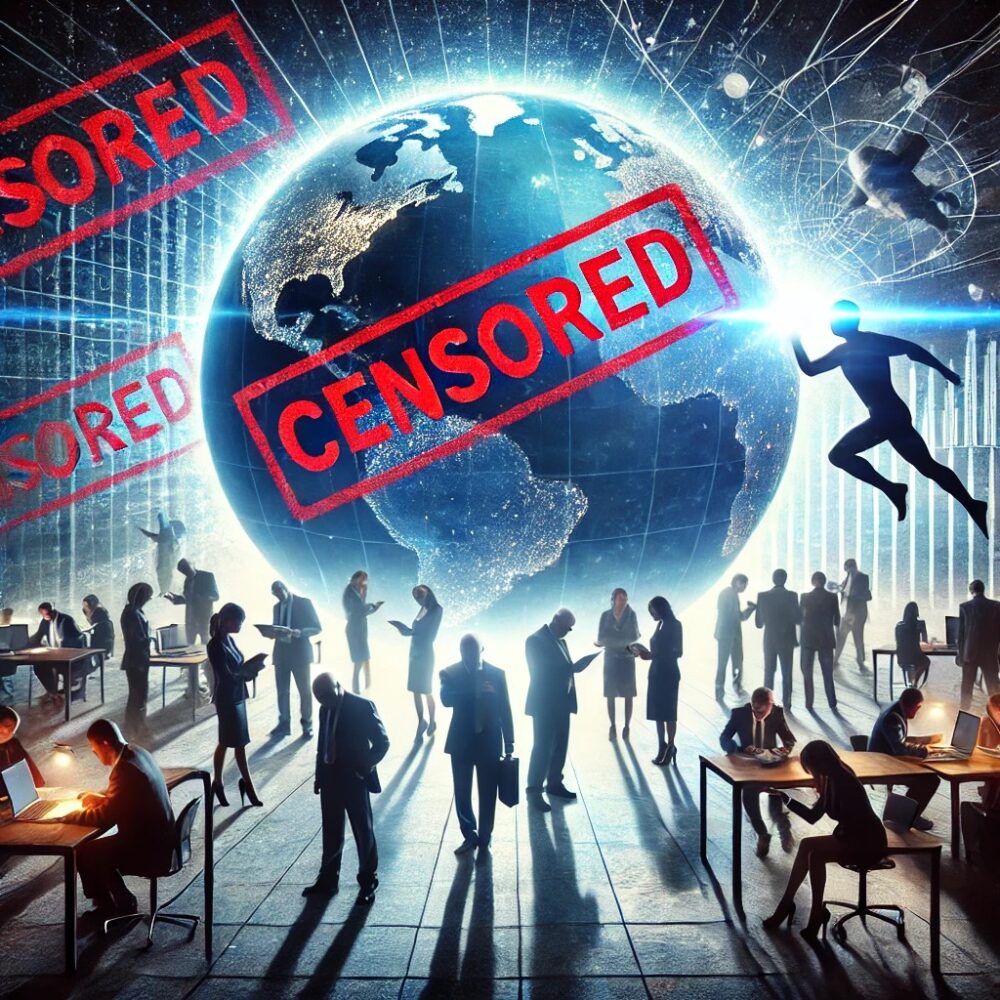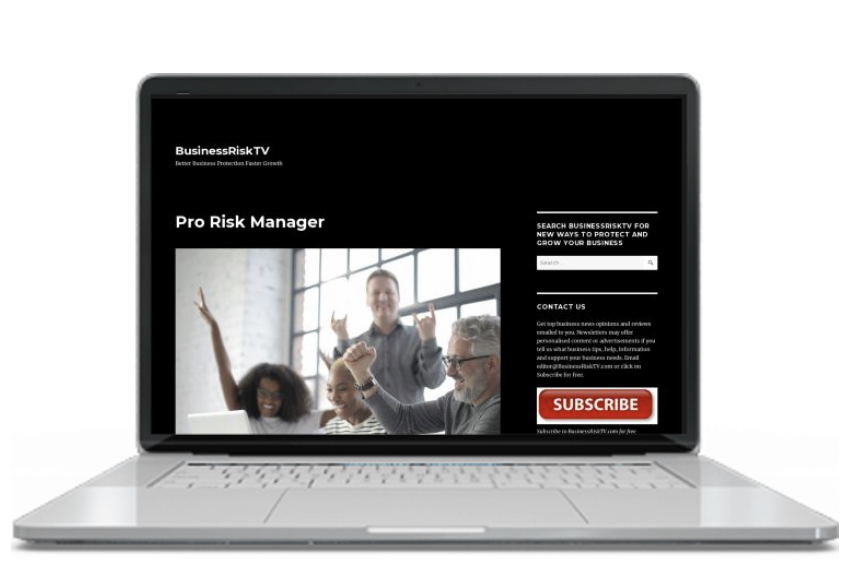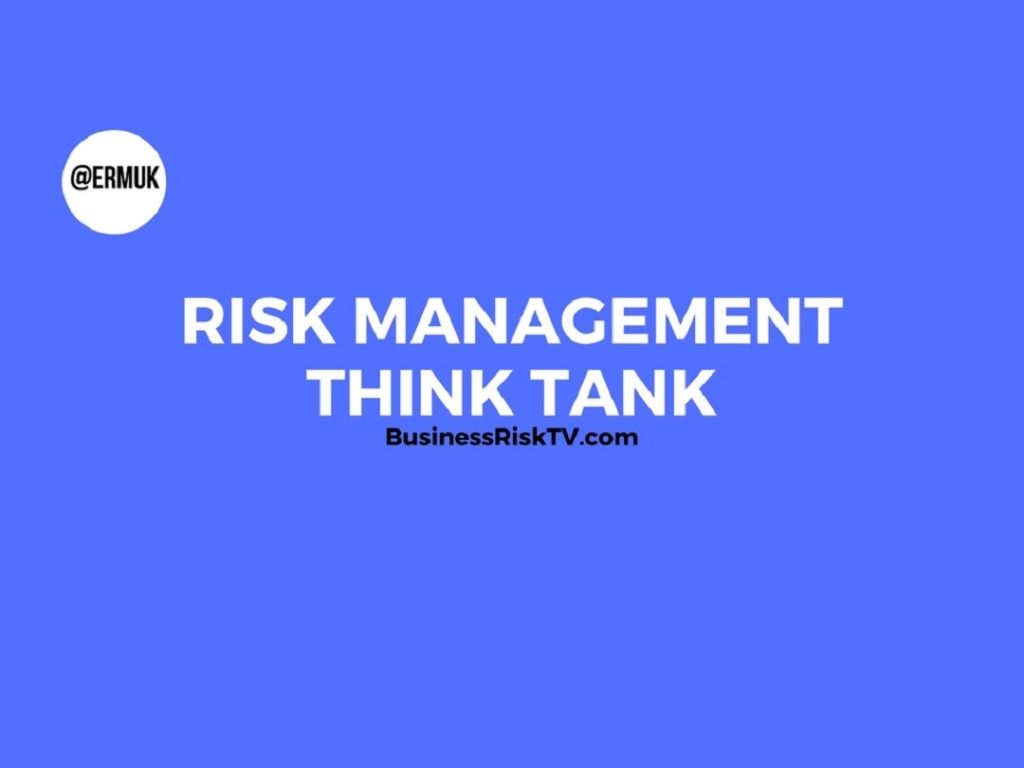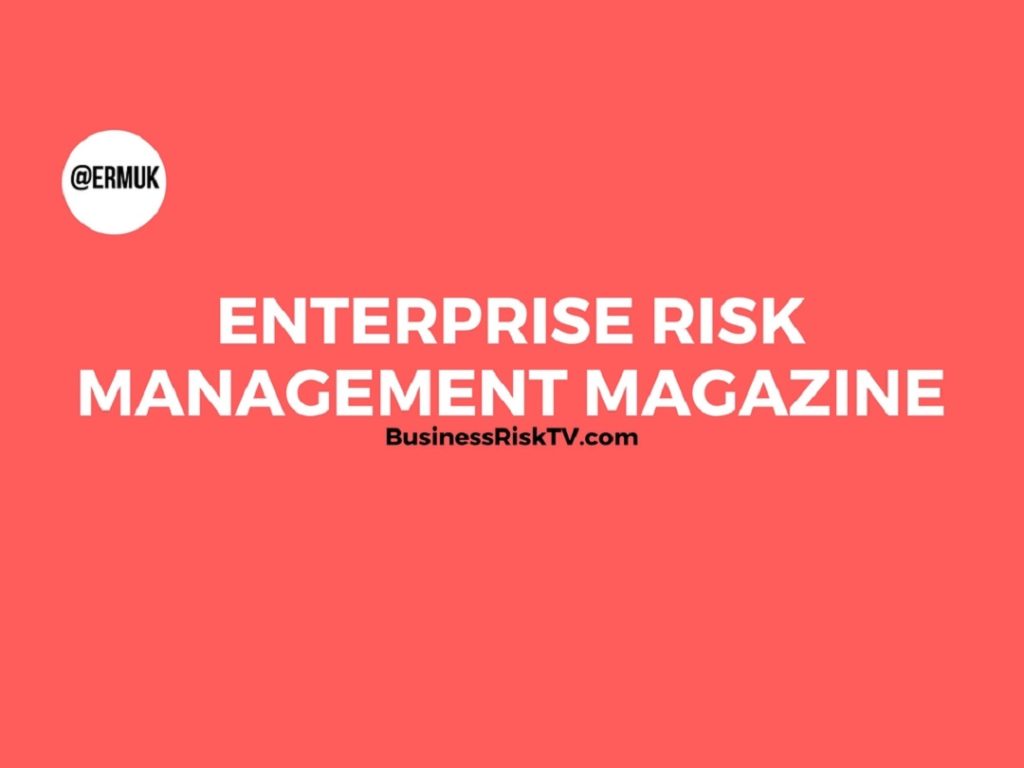The air crackles. It’s not just geopolitical tension. It’s the subtle, insidious hum of economic machinery gearing up. We’ve seen this before, haven’t we? The post-2008 scramble, the pandemic’s deluge of freshly minted currency. Now, a new spectre looms – Russia. And with it, a narrative that could justify trillions in new debt, a narrative that threatens to further erode the very foundations of our financial stability. We’re talking about inflation, busting the budgets of families, and the silent theft of wealth.
My time here is short, what can I do!?
Let’s cut to the chase. Environmental taxes, have hit a ceiling. Public tolerance is waning. After the financial crisis and the pandemic, the well of excuses for reckless borrowing is dry. So, what’s the next act? A resurgent Russia, a convenient bogeyman. To fuel the military industrial complex, and to pump trillions into stagnant economies. New British Defence Bonds, EU Defence Bonds, they’re being whispered about. I’m telling you, it’s not a coincidence. It’s a calculated move.
The Inflationary Tsunami: Money Printing’s Deadly Toll
The link between excessive money printing and inflation isn’t a theory. It’s a brutal reality. Central banks, in their zeal to stimulate economies, have flooded markets with liquidity. This deluge of new currency dilutes the value of existing money. A simple supply and demand equation. More money chasing the same amount of goods and services? Prices surge. I’ve seen it, you’ve seen it. Your buying power shrinks. Your savings erode. It’s a silent tax, a hidden levy on everyone.
The proposed Defence Bonds? They’re just another twist in this inflationary spiral. Governments will borrow massive sums, further increasing the money supply. This, inevitably, will exacerbate inflationary pressures. The cycle deepens: more debt, less value, higher prices. The average citizen, the small business owner, they’re the ones left to pick up the pieces.
Nine Pillars of the Argument: Why This Rings True
- The Exhaustion of Other Narratives: Environmental taxes have reached their limits. Pandemic spending is unsustainable. A new, more potent justification is needed.
- Geopolitical Instability as a Convenient Tool: Russia’s actions, however reprehensible, provide a ready-made excuse for increased military spending and economic intervention.
- The Military-Industrial Complex’s Appetite: Defence contractors and related industries stand to gain immensely from increased military budgets, creating a powerful lobby for further spending.
- The Desire to Stimulate Stagnant Economies: Governments are desperate to kickstart growth, and military spending is seen as a way to inject capital into key sectors.
- The Appeal of Sovereign Debt: Defence bonds offer a seemingly safe way for governments to borrow vast sums, with the promise of future returns.
- The Erosion of Public Trust: The constant cycle of crises and bailouts has weakened public trust in economic institutions, making it easier to push through controversial policies.
- The Normalisation of Extraordinary Measures: The pandemic normalised unprecedented levels of government intervention, paving the way for further economic manipulation.
- The Power of Fear: Fear is a potent motivator. The perceived threat from Russia can be used to justify policies that would otherwise be unacceptable.
- The Delayed Impact of Inflation: The full effects of excessive money printing are often delayed, allowing governments to push through policies with minimal immediate backlash.
The Theatre of Threat: Manufacturing Consent
How do you convince a skeptical public to support massive military spending and increased debt? You create a sense of urgency, a palpable fear. You stage a theatre of threat. False red flags, carefully crafted narratives, and a compliant media.
- Cyberattacks and Disinformation: Fabricated cyberattacks on critical infrastructure can create a sense of vulnerability, justifying increased security spending. Disinformation campaigns can sow fear and distrust, painting Russia as an imminent threat.
- Staged Military Exercises: Highly publicised military exercises near borders can create a sense of tension and imminent conflict, driving public support for increased defence spending.
- Intelligence Leaks: Carefully timed leaks of “intelligence” about Russian aggression can reinforce the narrative of an imminent threat, justifying drastic measures.
- Media Amplification: A compliant media can amplify these narratives, creating a sense of widespread fear and urgency.
- Political Rhetoric: Politicians can use inflammatory rhetoric to paint Russia as an existential threat, rallying public support for increased military spending.
- Economic Sanctions and Countermeasures: Escalating economic sanctions and retaliatory measures can create a sense of economic warfare, further fuelling the narrative of conflict.
Protecting Your Assets: Navigating the Storm
In this environment of economic uncertainty and potential instability, businesses and consumers must take proactive steps to protect their assets.
- Diversify Investments: Don’t put all your eggs in one basket. Diversify your investments across different asset classes, including real estate, commodities, and foreign currencies.
- Hedge Against Inflation: Invest in assets that tend to hold their value during inflationary periods, such as gold, silver, cryptocurrency and real estate.
- Manage Debt Wisely: Avoid taking on excessive debt, especially variable-rate debt that could become more expensive as interest rates rise.
- Build Emergency Funds: Maintain a substantial emergency fund to cover unexpected expenses and economic downturns.
- Secure Supply Chains: Businesses should diversify their supply chains to reduce reliance on vulnerable regions and ensure continuity of operations.
- Invest in Cybersecurity: Protect your data and systems from cyberattacks, which are likely to increase in frequency and sophistication during periods of geopolitical tension.
The Power of War: A Transfer of Wealth and Control
Wars, despite their devastating human cost, are often a catalyst for significant shifts in power and wealth. Governments, during times of conflict, seize extraordinary powers, often at the expense of individual liberties.
- Increased Government Control: Governments expand their control over the economy, industry, and media, often under the guise of national security.
- Suspension of Civil Liberties: Civil liberties, such as freedom of speech and assembly, may be curtailed in the name of national security.
- Nationalisation of Industries: Key industries may be nationalised to ensure the production of essential goods and services.
- Rationing and Price Controls: Governments may impose rationing and price controls to manage scarce resources.
- Increased Surveillance: Surveillance of citizens may increase under the guise of counterterrorism and national security.
The Winners and Losers: Following the Money
Wars create winners and losers. The military-industrial complex, defence contractors, and related industries often see their profits soar. Governments, while burdened with debt, gain increased control over their economies and societies.
- Defence Contractors: Companies that produce weapons, military equipment, and related services see a surge in demand and profits.
- Financial Institutions: Banks and financial institutions that underwrite government debt and manage defence contracts also benefit.
- Governments: Governments gain increased control over their economies and societies, often at the expense of individual liberties.
- The Average Citizen: The average citizen, burdened with increased taxes, inflation, and potential loss of civil liberties, often bears the brunt of the cost.
In Conclusion:
The spectre of Russian aggression is being weaponised to justify massive economic interventions, further fuelling inflation and eroding the value of hard-earned wealth. This is not a conspiracy theory; it’s a pattern of behaviour, a playbook that has been used throughout history. Businesses and consumers must be vigilant, proactive, and prepared to navigate the turbulent economic waters ahead. Diversification, hedging, and prudent financial management are essential for survival. And always, follow the money.
Get help to protect and grow your business faster with BusinessRiskTV
Find out more about Business Risk Management Club
Subscribe for free business risk management tips risk reviews and cost reduction ideas
Read more business risk management articles and view videos for free

How can Web3 help your business grow or help you to start a new business in the UK?
Why high interest rates in 2025 could trigger a financial crisis
Personal Finance Advice Forum BusinessRiskTV Money Advice Forum
Carbon Offsetting Is For Guilty People With More Money Than Climate Change Sense
Read more business risk management articles and view videos :
- Economic impact of new British defence bonds on UK inflation rates: the economic consequences of the proposed bonds.
- How manufactured Russian threat justifies excessive government borrowing: focusing on the controversial aspect of using geopolitical tension as an economic tool.
- Protecting business assets from inflation caused by military spending increases: practical, actionable advice targeting businesses seeking to safeguard their assets.
- Analysis of government power expansion during perceived wartime economic conditions: for users interested in the broader implications of increased government control and the erosion of liberties.
- Financial strategies to hedge against long term inflation from sovereign debt defence bonds: for those users seeking practical advice on how to protect their wealth from the potential impact of the new bonds.
Relevant hashtags:
- #EconomicWarfare
- #InflationAlert
- #SovereignDebtCrisis
- #GeopoliticalEconomics
- #FinancialResilience
- #BusinessRiskTV
- #ProRiskManager
- #RiskManagement
- #EnterpriseRiskManagement
The Shadow of the Bear: Weaponising Fear for Economic Alchemy










